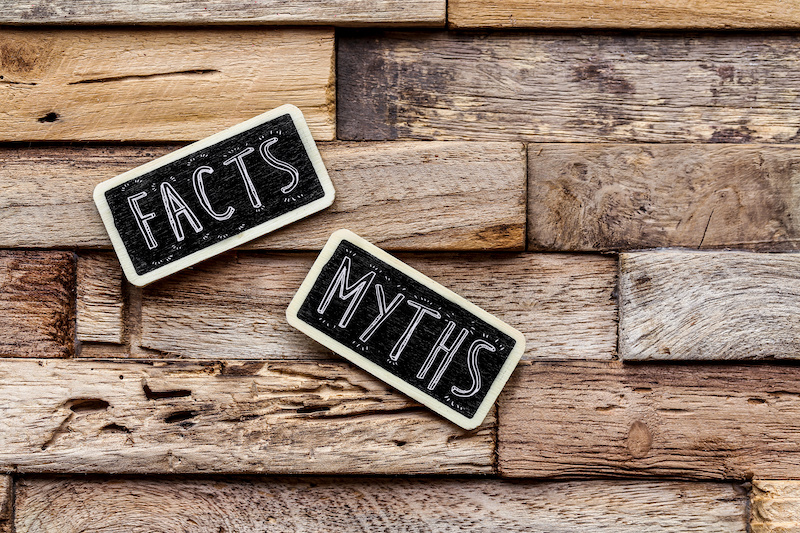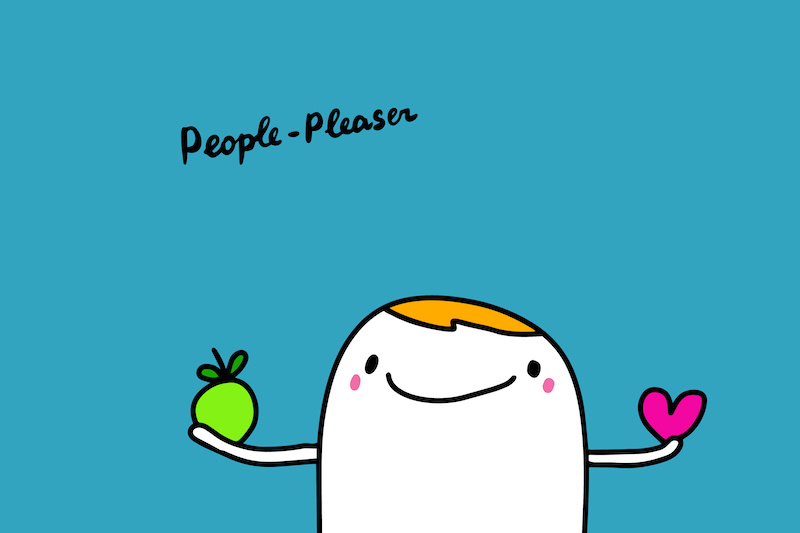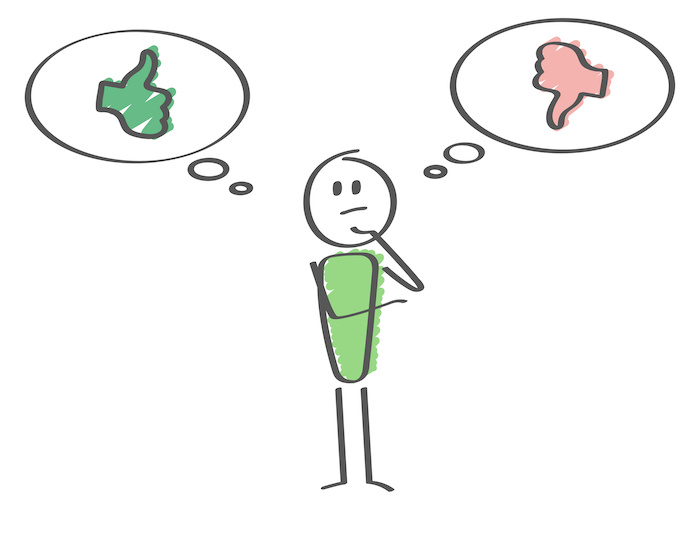
Of all human emotions, the one that people struggle with the most is anger. That’s understandable!
After all, it’s the emotion with the most potential to get us into trouble. It can be exquisitely uncomfortable, and it’s the most difficult to control.
Many people find it easier to push anger down altogether (or suppress it) to avoid discomfort and conflict and to stay out of trouble.
Some wear anger like armor in hopes it will protect them from being hurt or mistreated.
Others go back and forth between pushing it down and erupting. In fact, these two things go together. The more you suppress your anger, the more intense it will be when it finally erupts.
If you were raised by parents who had low tolerance for your feelings (Childhood Emotional Neglect, or CEN), then you may be all too good at pushing your anger away; suppressing it and repressing it so that you don’t even have to feel it.
In fact, you may – especially if you have CEN – be so uncomfortable with the A-Word that you can’t even say it.
I’m frustrated
I’m annoyed
I’m anxious
you may say instead of, I’m angry.
If you’re not comfortable with your anger, you’re more likely to misread and mislabel it as something milder or more diffuse.
“Isn’t stopping yourself from feeling angry a good skill to have?” you may be wondering.
The answer is actually NO.
Research has shown how very important anger is to living a healthy life.
4 Reasons to Make Friends With Your Anger
- Anger is a beautiful motivator
Aarts et al. (2010) found that people who were shown a picture of an angry face were more driven to obtain an object that they were shown later. Anger is like a driver that pushes you to strive for what you want or need. Anger carries with it the message, “Act!”
Example Without Anger: Alana was getting weary of being overlooked at work. She was well-known to be skilled and reliable, and yet she was repeatedly passed over for promotion to manager. Silently she watched younger, less experienced employees move past her, one by one.
Example With Anger: Alana became angry when a less-experienced colleague was promoted. “I deserve an explanation for this. I have to get myself promoted or leave the company,” she realized. The next day she walked into her supervisor’s office and asked why she was passed over. She was promised the next promotion slot.
2. Anger can make your relationship better and stronger
Anger, when used appropriately, can be very helpful in communication:
Baumeister et al. (1990) found that hiding anger in intimate relationships can be detrimental. When you hide your anger from your partner, you’re bypassing an important message that he or she may very much need to hear.
Of course, it’s important to take great care in how you express your anger. Try your best to calibrate it to the situation and express it with as much compassion for your partner as you can.
Example Without Anger: Lance was tired of his wife Joanne’s clutter. She kept, it seemed to Lance, virtually everything. There were stacks of newspapers on the dining room table, five pairs of sneakers of various ages in their closet, and a roomful of clothes that their children had outgrown. Lance wanted that room for an office. “I’ll never get that room,” he thought resignedly. All this time Joanne had no idea that there was a problem.
Example With Anger: Lance was fed up with the clutter. He told Joanne that it was making him feel stressed and unhappy, and also angry at her. After several heated discussions, Joanne removed her personal clutter from the spare room so that Lance could make it his office. They made a truce to try to meet each other in the middle.
3. Anger can help you better understand yourself
Anger can provide insight into ourselves if we allow it.
Kassinove et al. (1997) asked a large sample of people how recent outbursts of anger had affected them. Fifty-five percent said that getting angry had led to a positive outcome. Many respondents said that the anger episode had provided them with some insight into their own faults.
Anger can help you see yourself more clearly. And it can motivate self-change.
Example Without Anger: Joanne was surprised when Lance told her how angry her clutter was making him. “That’s too bad, you’ll just have to deal with it,” she said dully while exiting the room. She promptly put it out of her mind because she didn’t want to think about it.
Example With Anger: “That’s too bad, you’ll just have to deal with it,” Joanne fired back immediately. She stormed out of the room and slammed the bedroom door. Sitting on her bed she felt enraged and criticized.
The next day Joanne woke up with a different perspective on the conflict. She looked around and saw her home as though through Lance’s eyes. She realized that she felt criticized by Lance’s request. “I need to get better at taking criticism,” she thought.
4. Anger helps you negotiate
Anger can help you get what you want.
In a study of negotiation by Van Kleef et al. (2002), people made larger concessions and fewer demands of participants who were angry than ones who were not angry.
Anger makes you more powerful, especially when it’s justified and expressed with thought and care. Lets revisit Alana, who needed to have a difficult conversation with her supervisor.
Example Without Anger: Alana walked timidly into her supervisor’s office. After chatting about the weather, she said casually, “So what do I need to do to get promoted?” Her boss answered her question and went on with her day.
Example With Anger: Alana knew she was angry and that she needed to manage her anger when talking with her boss if she wanted to be effective. She walked into her boss’s office and said, “I need to talk to you about something important.” Alana explained how upset she was by her co-worker’s promotion. Her boss explained that the promoted co-worker was an excellent employee. This made Alana even angrier. She pushed, “Yes, he’s really good. But so am I, and I have more experience and excellent skills,” she stated clearly. Her boss paused, surprised at Alana’s persistence. “You’re right,” she said. Her boss then promised Alana the next available promotion.
If you grew up emotionally ignored or in an environment that did not have the room or tolerance for you to get angry (CEN), some small part of your brain probably screams “STOP!” as soon as you get an inkling of anger. The reality is that it’s not easy to turn that around.
But you can do it. Start thinking of anger as a helpful emotion, not something to avoid. Pay attention to your anger, and try to notice when you’re feeling it. Stop saying “STOP!” to your anger. Instead, listen to your anger’s message, consciously manage your angry feeling, and let your anger motivate and energize you.
Anger, when properly managed and expressed, is power.
So when you suppress your anger, you’re suppressing your power.
And why would you do that?
To learn more about how Childhood Emotional Neglect makes you unaware of your feelings of anger see the book, Running On Empty: Overcome Your Childhood Emotional Neglect.













